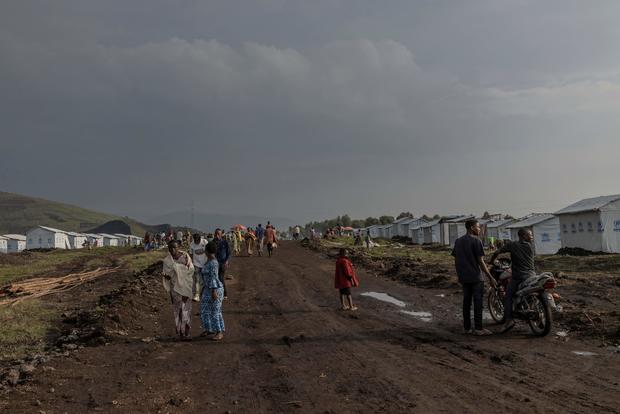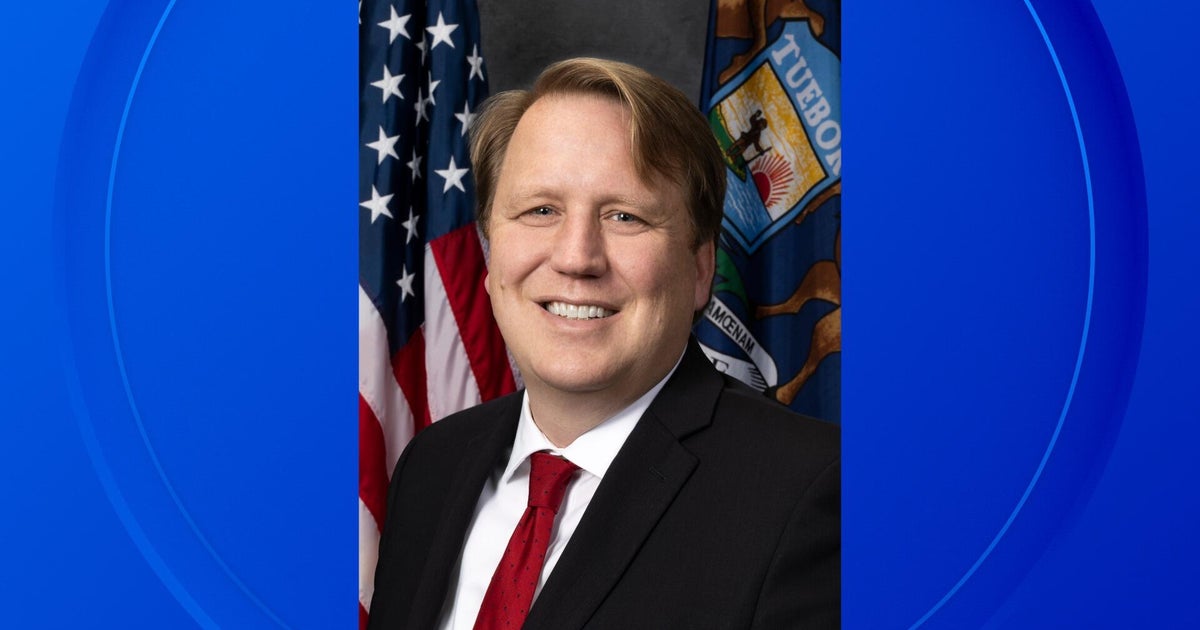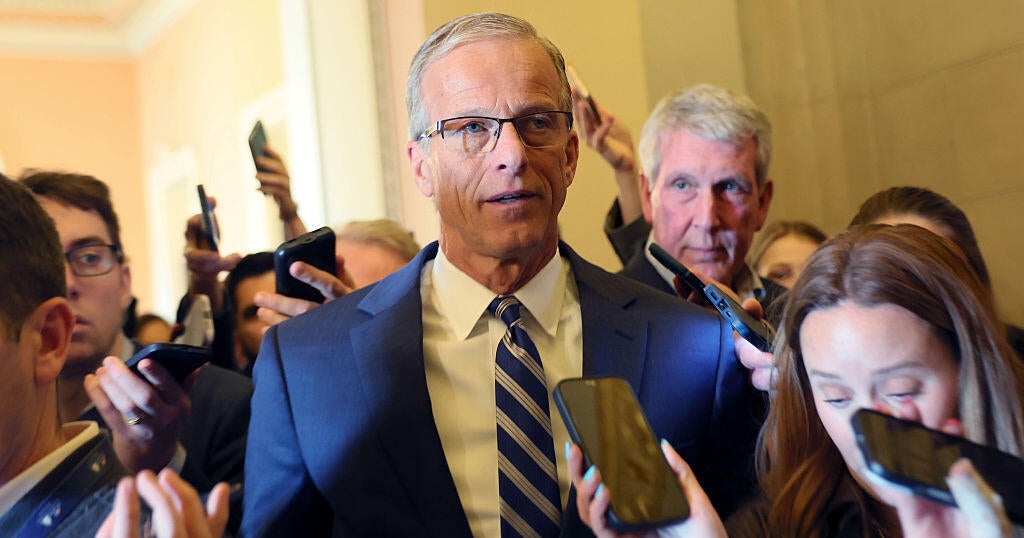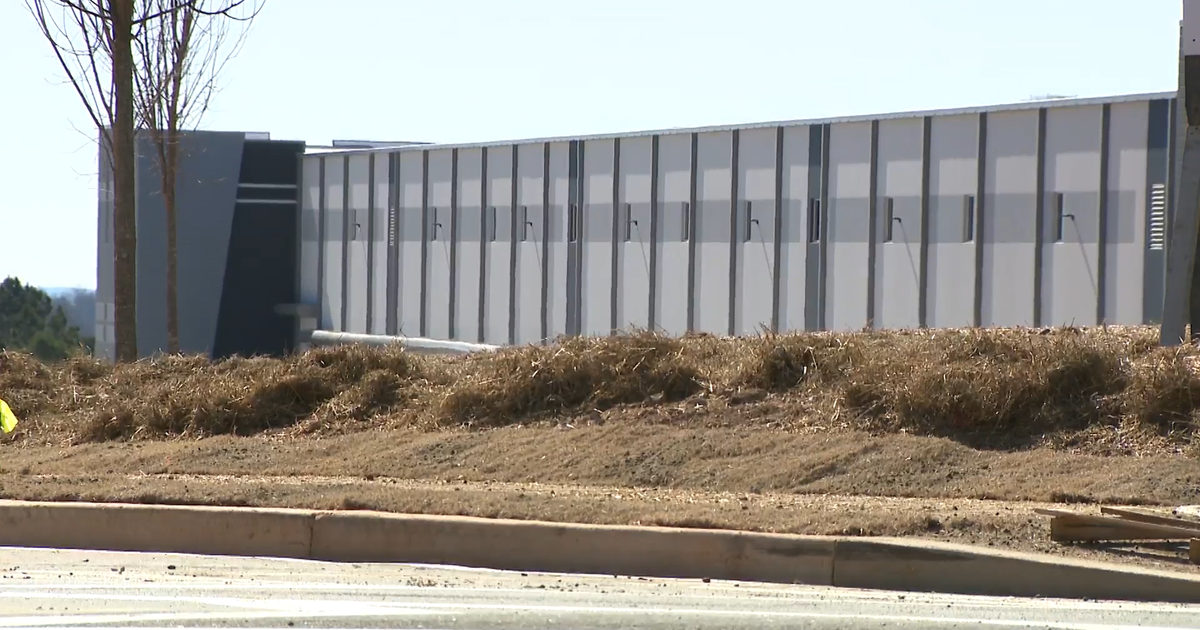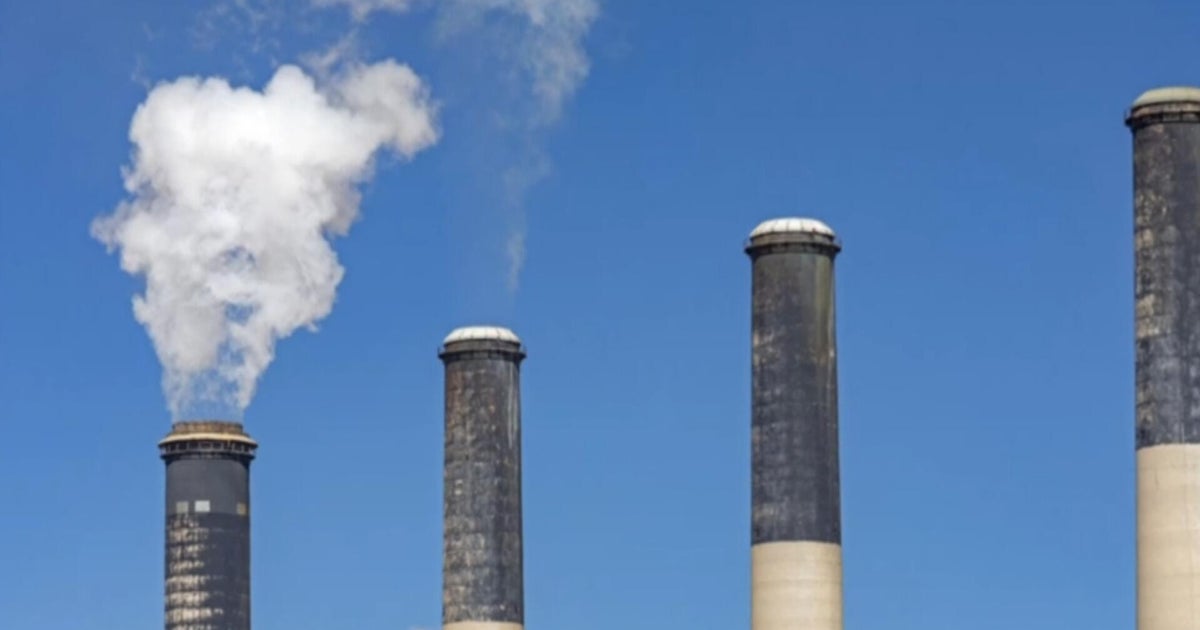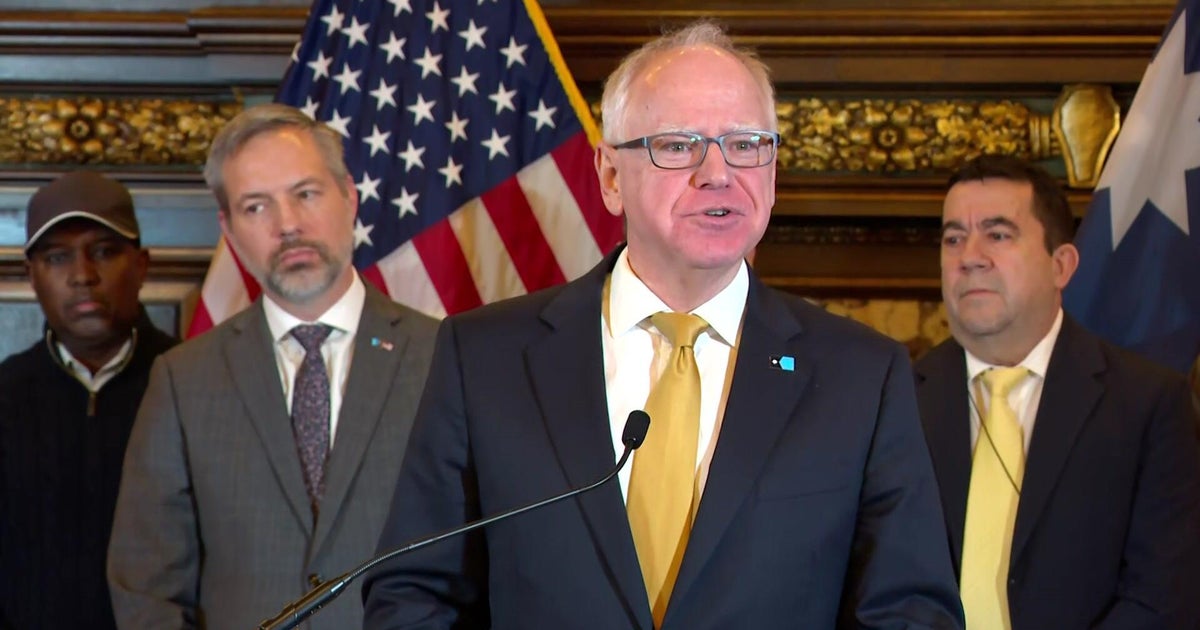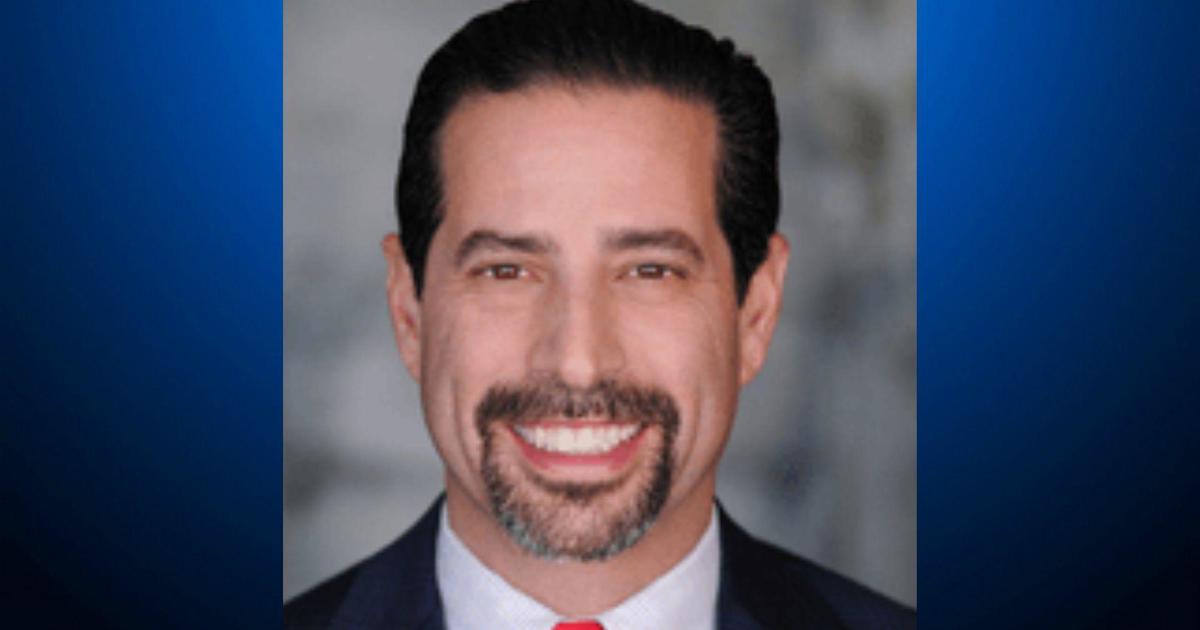U.S. launches pilot program to allow private sponsorship of refugees from around the world
Washington — The State Department on Thursday announced a pilot program that will allow groups of private American citizens and permanent residents to financially sponsor the resettlement of refugees fleeing war and violence across the world.
The Biden administration initiative, called Welcome Corps, could pave the way for a seismic shift in U.S. refugee policy, as most refugees brought to the U.S. for the past decades have been resettled by nine nonprofit organizations that receive federal funding.
Under the program, modeled after a long-standing system in Canada, groups of at least five U.S.-based individuals could have the opportunity to sponsor refugees if they raise $2,275 per refugee, pass background checks and submit a plan about how they will assist the newcomers.
Approved private sponsors will play the role of traditional resettlement agencies for at least 90 days after a refugee's arrival, helping the newcomers access housing and other basic necessities, such as food, medical services, education and public benefits for which they qualify.
During the first phase of the program, State Department officials will match approved sponsors with refugees overseas who already have been cleared to come to the U.S. In mid-2023, officials plan to allow prospective sponsors to identify refugees abroad whom they wish to assist.
In a statement Thursday, Secretary of State Anthony Blinken said the Welcome Corps initiative will help the U.S. increase refugee admissions, calling it "the boldest innovation in refugee resettlement in four decades." CBS News reported on the program's launch Wednesday.
"It is designed to strengthen and expand the capacity of the [U.S. refugee program] by harnessing the energy and talents of Americans from all walks of life desiring to serve as private sponsors — ranging from members of faith and civic groups, veterans, diaspora communities, businesses, colleges and universities, and more," Blinken said.
The State Department said it hopes to recruit 10,000 private sponsors to resettle at least 5,000 refugees during the first year of the Welcome Corps. Organizations with experience resettling refugees will be charged with overseeing the sponsor application process, providing sponsors training and resources and monitoring the progress of groups sponsoring refugees.
The Welcome Corps initiative is the latest Biden administration effort to expand legal immigration channels for refugees and migrants with family members and others in the U.S. willing to financially sponsor them.
In late 2021, the State Department allowed "sponsor circles" of at least five private individuals to sponsor some of the tens of thousands of Afghan evacuees relocated to the U.S. following the Taliban takeover of Afghanistan.
Then, in early 2022, officials launched a program to allow Ukrainians displaced by the Russian invasion of their homeland to come to the U.S. under the humanitarian parole authority if they had U.S.-based sponsors. More than 100,000 Ukrainians have arrived in the U.S. under the policy, federal statistics show.
Officials have since expanded that approach, allowing U.S.-based individuals to sponsor the entry of citizens from Cuba, Haiti, Nicaragua and Venezuela as part of an effort to deter migrants from these countries from crossing the southern border illegally. Like Ukrainians, migrants from these countries will be allowed to live and work legally in the U.S. on a temporary basis through the parole authority.
Unlike those arriving under the parole authority, the refugees who will arrive under the sponsorship initiative announced Thursday will be eligible for permanent legal status and ultimately, U.S. citizenship, since they will be processed through the traditional refugee program.
Formally created in 1980, the U.S. refugee program has granted a safe haven to more than 3 million refugees found to have fled armed conflicts, ethnic persecution and other forms of violence. Refugees undergo interviews, security screenings and medical checks as part of a years-long process before coming to the U.S.
While President Biden vowed to rebuild the U.S. refugee system, which was crippled by the COVID-19 pandemic and drastic Trump-era cuts, his administration has struggled to return refugee admissions to pre-pandemic levels and to meet his lofty resettlement goals.
In fiscal year 2022, the U.S. admitted 25,465 refugees, using only 20% of 125,000 refugee spots allocated by Mr. Biden. In the first three months of fiscal year 2023, for which Mr. Biden again set a goal of welcoming up to 125,000 refugees, the U.S. resettled fewer than 7,000 refugees, State Department figures show.
While the pandemic temporarily suspended refugee admissions and slowed refuge interviews, the program was scaled back dramatically under policy directives issued by President Trump, who argued that refugees were economic, national security and cultural threats to the U.S.
The Trump administration dramatically slashed refugee admissions, allocating an all-time low of 15,000 spots in fiscal year 2021. It also restricted the categories of those who could be resettled, and tried to give states and cities a veto on refugee resettlement. The restrictions and record-low ceilings led the organizations that resettle refugees to lay off personnel and close offices across the country.
As the Biden administration has struggled to rebuild the U.S. refugee system, the number of people displaced by violence around the globe has surpassed 100 million, more than at any other time in history, according to the United Nations.
Krish O'Mara Vignarajah, president of the Lutheran Immigration and Refugee Service, one of the main U.S. resettlement groups, praised the private sponsorship program for relying on a "forward-thinking approach to leveraging the generosity of the American spirit." But she urged the Biden administration to also prioritize speeding up refugee processing and increasing admissions.
"At a time of unprecedented global displacement, there are far too many vulnerable children and families depending on the full restoration of our nation's humanitarian leadership," Vignarajah said.


